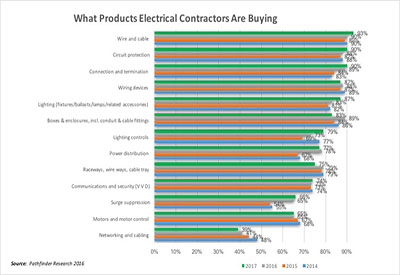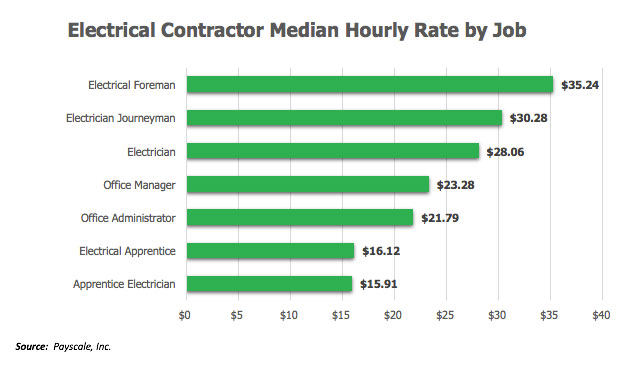EHRC Unveils Electricity in Demand: Alberta Workforce 2023-2028

July 2, 2024
Energy transitions underway are affecting Alberta’s electricity workforce
Electricity Human Resources Canada (EHRC), released its Electricity in Demand: Alberta Workforce 2023-2028 report today. The Report is the result of a study, undertaken by EHRC and funded by the Government of Alberta, that examines the impacts of evolving economic, technological, regulatory and environmental developments on the province’s electricity sector, and determines their likely labour market implications.
The EHRC report proposes a multi-faceted strategy for human resources practitioners, postsecondary institutions, policymakers and other stakeholders involved in the electricity sector, to address challenges brought about by changing labour market conditions. The report’s recommendations primarily involve the attraction, recruitment and retention of employees; succession planning; academic programming; and measures to increase the efficiency of labour market planning and management.
“Ensuring a resilient and adaptive workforce demands that employers, educators, regulatory authorities, and policymakers can effectively mitigate the evolving effects of human resources challenges through access to in-depth research. This report will help all stakeholders implement targeted actions to support and grow the industry over the years ahead,” says Michelle Branigan, CEO, EHRC.
In the past decade, electricity demand in Alberta has significantly expanded due to economic growth, market competition, and technological innovations. More recently, the conversion of the province’s coal-fired generators to natural gas units, and the much greater deployment of wind, solar and other renewable energy sources, have improved the sector’s performance, reduced its carbon footprint, and increased commercial opportunities, while altering its labour force requirements. Over the next five years, the province’s generation capacity is expected to expand further, due to population growth, the electrification of transportation (including electric vehicles), manufacturing and other sectors, as well as technological and environmental developments associated with other efforts to decarbonize the economy. For employers in the electricity sector, having an adequate number of workers with the right mix of skills will be more important than ever.
EHRC’s report is based on a rigorous analysis of economic, demographic and technical information, as well as multiple lines of evidence. Its recommendations are intended to enable the electricity sector to continue to operate reliably and cost-effectively — in a way that advances economic growth and environmental sustainability in Alberta and Canada.
The key findings of EHRC’s report support the following recommendations:
- Greater efforts must be made to systematically compile and disseminate timely and relevant information that sheds light on labour market conditions in Alberta’s electricity sector, particularly regarding occupations in the renewable energy space.
- The sector’s ability to adapt to the evolving economic, competitive and environmental landscape will require an expansion of academic programming in areas such as wind and solar power, as well as geothermal energy. It will also require increased emphasis on carbon capture, storage and sequestration technologies, as well as long-term storage solutions, which change the way that consumers and producers interact with the electricity grid.
- Alberta’s employers and academic institutions should collaborate more closely to develop new and compelling educational courses and programs that reflect the industry’s evolving skill requirements. There is a growing need for academic offerings that inculcate the skills and competencies required to operate an electricity system that will become increasingly burdened and decentralized over time.
- Postsecondary institutions should develop and deliver academic programs that are more closely aligned with the skill requirements of employers in the province’s various regions and underserved communities, particularly those where electrification is expected to be integral to future economic development.
- There should be a greater focus on DEI-oriented initiatives within the province’s electricity sector and academic institutions. Efforts should be made to increase and expand career pathways for historically underrepresented groups, especially internationally trained workers. Creating a workforce that more accurately reflects Alberta’s population will make the sector a more appealing potential employer among women, Indigenous peoples and visible minorities.
- Apprenticeship programming should be expanded and enhanced, and more intensively promoted, particularly for Trades and ICT occupations that are integral to the electricity sector. This will encourage more youth to pursue careers in these fields.
- Efforts should be made to eliminate disincentives (e.g., pension rules) that deter older workers from remaining in the electricity sector workforce, despite their desire to continue working.
How the industry navigates the above-noted transitions will be driven by the extent to which united action is exercised in embracing opportunities through the implementation of key recommendations proposed.
To read the report’s key findings and download a copy of the full report, please visit EHRC’s website
















